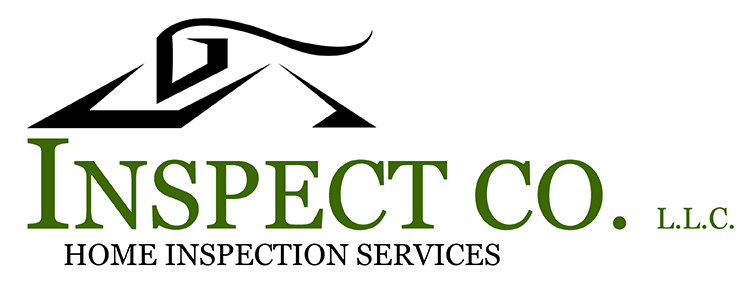Owning a home is an exciting milestone, but as a new homeowner, you may also be targeted by scammers looking to exploit your inexperience. Scams targeting homeowners come in many forms, but with the right knowledge, you’ll protect yourself and your investment. Let’s explore common scams, how they work, and the steps you should take to avoid them.
Fake Utility Representatives
Shortly after moving in, you might receive calls or visits from individuals claiming to be utility company representatives. These scammers often tell you that you owe money for services or that an issue requires immediate payment to avoid a shutoff. They may even show fake ID badges or wear uniforms to appear legitimate.
Legitimate utility companies typically send written notices before disconnecting services. Always verify the caller or visitor’s identity by contacting the utility company using the number on your bill or their official website. Never give payment information to anyone without verifying their credentials.
Scams Targeting New Homeowners Include Deed or Title Fraud Notices
One of the most common scams involves official-looking letters warning you to purchase a copy of your deed or title for a hefty fee. These letters are designed to look urgent and cite legal requirements and timelines.
While you are entitled to a copy of your deed, paying exorbitant fees is unnecessary to get one. Your county recorder’s office can provide a certified copy for a fraction of the cost these scammers demand. Be cautious of communication that pressures you into immediate action.
Home Warranty Scams
Shortly after buying your home, you might receive offers for home warranty coverage. Some of these offers come from legitimate companies, but many are scams designed to collect your personal information or charge you for non-existent coverage.
To avoid becoming a victim, research the company before agreeing to a warranty. Look for reviews and check their credibility through consumer protection agencies. If you’re interested in a warranty, contact reputable companies directly rather than responding to unsolicited offers.
Contractor Fraud
Home improvement scams often target new homeowners eager to personalize or repair their property. Fraudulent contractors may offer discounts for upfront payments or claim they have leftover materials from another job. Once paid, they often disappear without completing the work or perform subpar repairs that require costly fixes later.
Protect yourself by vetting contractors thoroughly. Ask for references, proof of licensing and insurance, and written contracts outlining the scope of work. Avoid paying large amounts upfront and use a secure, traceable payment method.
Mortgage and Refinancing Scams
Scammers know that new homeowners receive many mortgage-related offers. Some may claim to offer lower interest rates or quicker payoffs, but their real goal is to steal your personal information or charge excessive fees for services that legitimate lenders provide for free.
Always work with reputable lenders when considering mortgage or refinancing options. Be wary of unsolicited calls, emails, or letters promising deals that seem too good to be true. If something feels off, trust your instincts and seek advice from a trusted financial professional.
Tax and Insurance Fraud Are Scams Targeting New Homeowners
You may also receive fraudulent notices claiming you owe property taxes or need to adjust your homeowner’s insurance. These notices often include threats of penalties or legal action to pressure you into paying immediately.
Official tax or insurance communications will come from your local government or insurance provider’s official channels. Verify unexpected notices by contacting these entities directly. Scammers rely on creating panic, so taking time to confirm their claims will save you from costly mistakes.
Identity Theft Through Change of Address
When you move, you often change your address with various entities, which creates an opportunity for scammers to intercept your mail. Identity theft scams may involve redirecting your mail without your knowledge and gaining access to sensitive information like bank statements or bills.
To protect yourself, set up mail forwarding with the post office and monitor your accounts closely for unusual activity. For added security, use a secure mailbox or a post office box.
Stay vigilant and informed, and you’ll enjoy your new home without falling victim to these common scams. Remember, knowledge is your best defense. Here’s to a safe and scam-free homeownership journey!
FAQs About Scams Targeting New Homeowners
How can I tell if a communication is from a scammer?
Look for red flags like urgent language, requests for immediate payment, or demands for personal information. Verify claims by contacting the supposed sender using official contact details.
What should I do if I’ve already fallen victim to a scam?
Report the scam to your local authorities, your bank, and the Federal Trade Commission (FTC). Acting quickly helps minimize potential damage.
Are there resources to help me identify legitimate services?
Yes, websites like the Better Business Bureau (BBB) and your state’s consumer protection office can provide information about legitimate businesses and services.
Inspect Co. LLC provides professional inspection services for homebuyers and sellers in North and South Carolina. Contact us to request an appointment.

